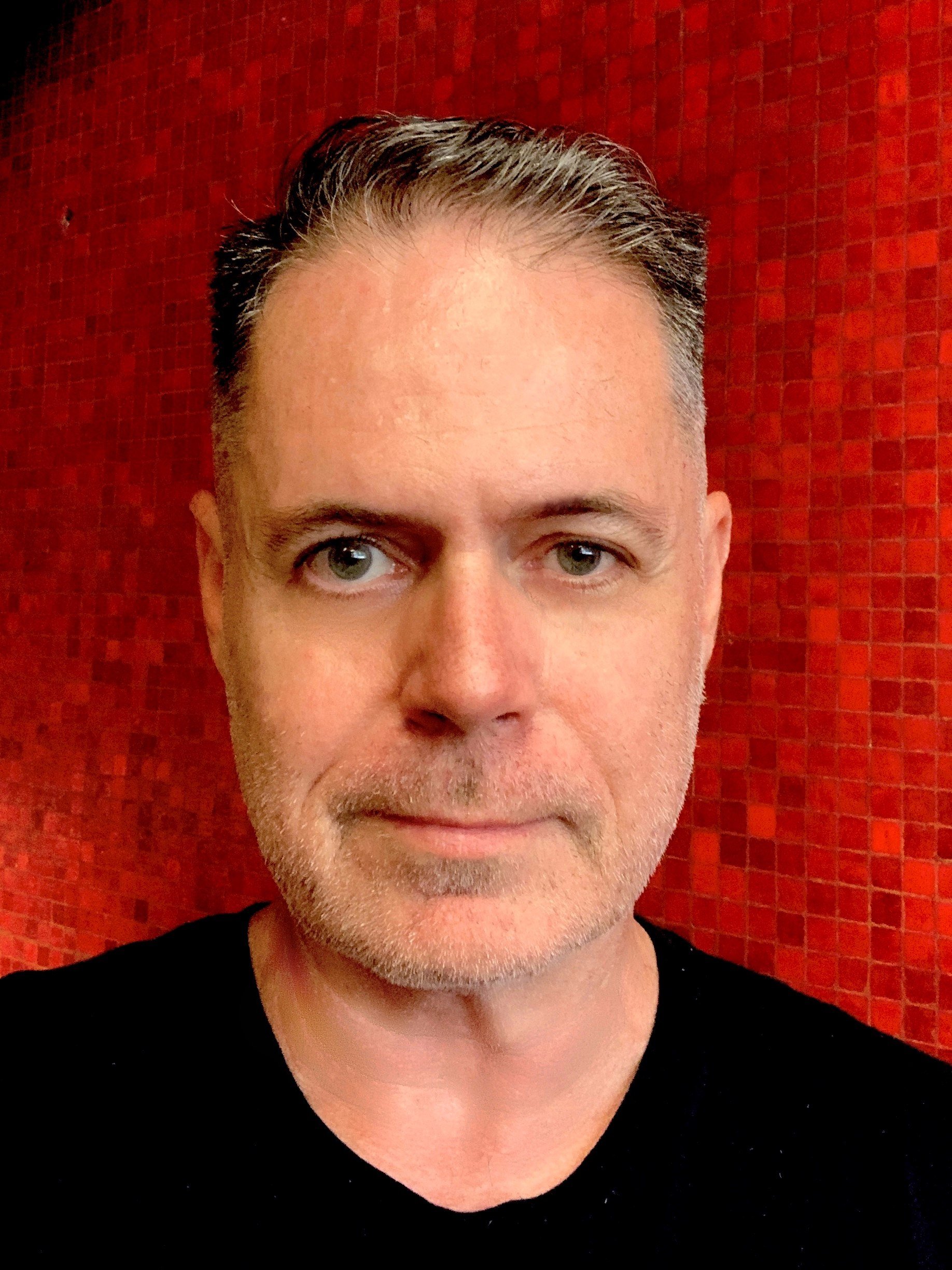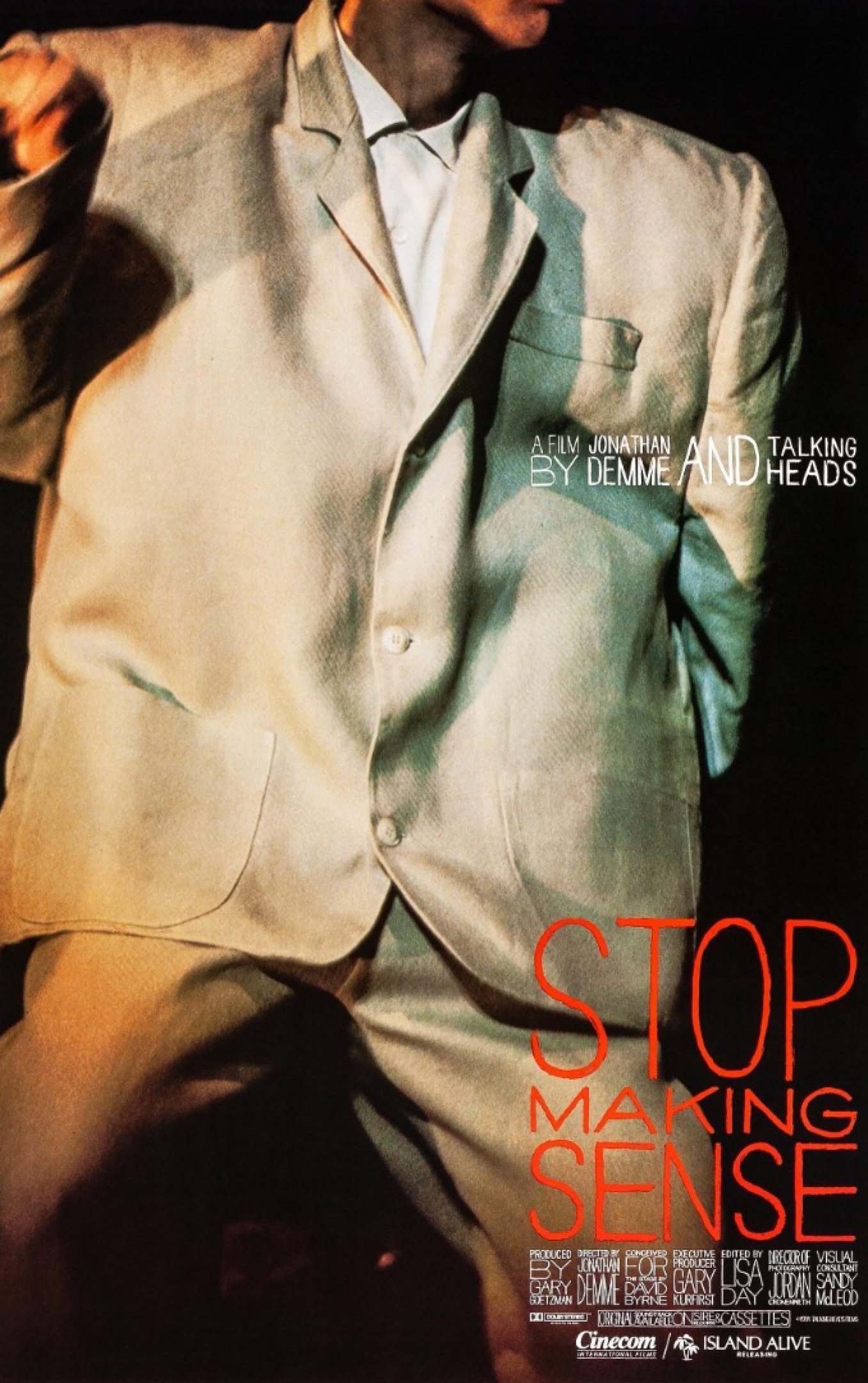
‘The glue that’s held my life together’: Stop Making Sense, Talking Heads’ concert movie released in 1984, changed how a novelist listened to music
- Widely acclaimed as one of the best concert movies ever made, ‘Stop Making Sense’ follows performances by seminal new wave rock band Talking Heads
- Richard Tunbridge, author of several Hong Kong-based detective stories, explains how watching the movie proved to be a pivotal point in his life
Widely acclaimed as one of the greatest concert films ever made, “Stop Making Sense” (1984), directed by Jonathan Demme, depicts the intricate staging and narrative of a series of performances in Los Angeles by seminal new wave rock band Talking Heads.
Australia-born, Hong Kong-based Richard Tunbridge, who under his pen name Richard Tong is the author of novels including the Neon Noir trilogy of locally set hard-boiled detective stories, tells Richard Lord how it changed his life.
The first thing I remember of Talking Heads was watching the “Once in a Lifetime” video, with David Byrne (Talking Heads’ singer, guitarist and main songwriter) floating in front of bad graphics.
It was on a pop television show on a Saturday afternoon, and my dad walked past and said, “What’s this nonsense?” but I thought it was amazing.

Stop Making Sense came after that. I was captivated. It was funny and uplifting. We listened to it non-stop, and it changed the way I listen to music. It was such a pivotal thing for me, and tied to so many other things: the storytelling element, the movie and the music.
I remember a good friend’s parents had invested in this amazing stereo, because CDs were coming. I thought, “If I’m going to buy a CD, I’ll buy this.” We put it in his stereo and cranked it up to 11.
Chinese text that helped Gay Games Hong Kong co-chair embrace being a lesbian
We walked into the street to listen to it, and about 20 people turned up and stood around, like there was a concert in his house and they couldn’t get in. Music really was at the centre of culture in those times.
I was 16 or 17, the age when you’re finding yourself and just starting to think about what you can do. It sat right in the middle of my life – when you move from being one sort of person to another sort of person.
When I left Australia, in 1990, Stop Making Sense was one of the few possessions I took with me. It’s tied to pretty much everything before, after and since.

“Once in a Lifetime” was a recurring theme in my first book (The Durian Effect, 2003). I also bought a VHS copy, which I hung onto for far too long after I no longer had a VHS player.
They put so much effort into the preparation and performance. It’s a total immersive experience that’s thrilling to watch and listen to.
There’s a timelessness to it because the way it was staged was so innovative. It builds – it starts with just David Byrne coming on stage with a ghetto blaster, and then the band members and other people gradually join him.
Hong Kong Biodiversity Museum founder on a challenge to how he saw nature
It really is a remarkable piece of work on any level. There’s probably better albums, and there might be better movies and bands, but this has been the glue that’s held my nonsensical life together. I get emotional thinking about it.

